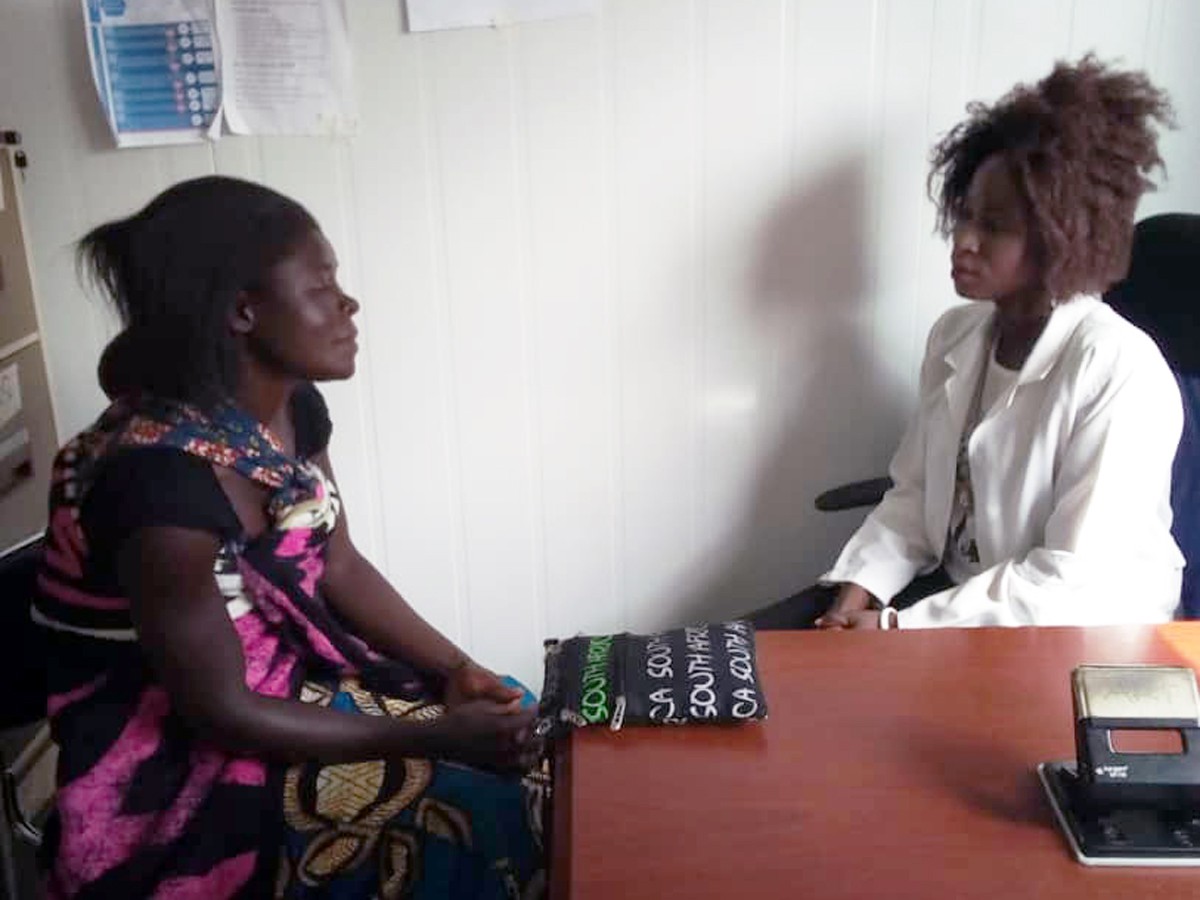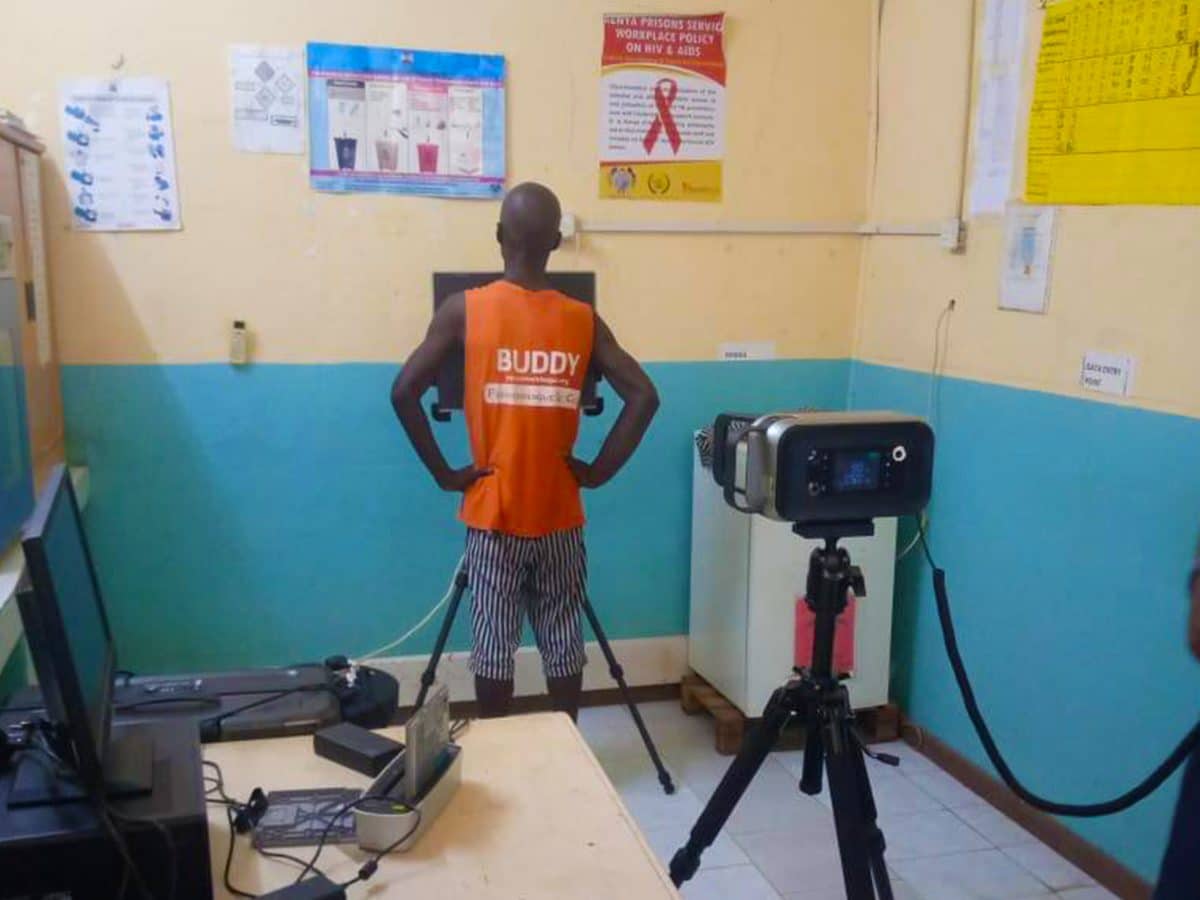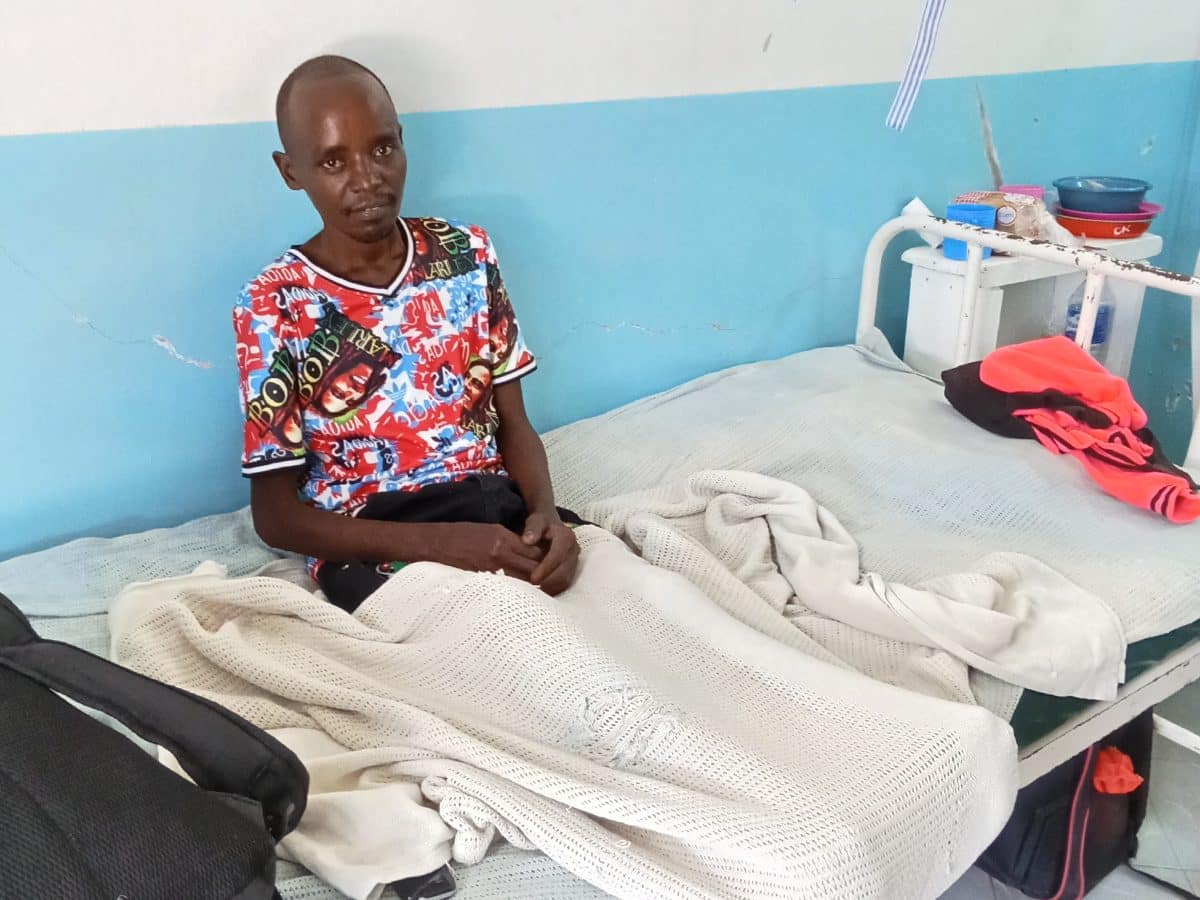At the Lundazi Urban Clinic in Zambia’s Eastern Province, an ICAP-supported community lay counselor welcomed Susan as she hurried in.
“How come you are late for pharmacy pick-up?” the counselor asked.
“I could not leave the village as I had to participate in field work,” Susan replied. “Besides, I have not told anyone I am sick, and if I had left, everyone would have noticed my absence and this could bring me problems.”
As a person living with HIV in Zambia, Susan deals with the fear of stigma and discrimination every day. Although she receives HIV-related care at the Lundazi Urban Clinic and does her best to adhere to the course of antiretroviral therapy (ART) she was prescribed, her situation still feels precarious. Being from a poor background compounds the threat of stigma from her HIV status, and as a result, she has not told anyone—including her husband, Joseph.
“I don’t want anyone from home except my mother to know about this,” Susan said. “Even when coming to the clinic, I’ve never disclosed what exactly I’m coming to do. If my partner finds out, he will divorce me.”
In Zambia, one in four women in Susan’s age range (35-39 years old) are living with HIV, and a quarter of those women are unaware that they have the virus, according to the ICAP-led Zambia Population-based HIV Impact Assessment (ZAMPHIA) survey conducted in 2016. Getting tested is the first step toward a longer, healthier life for people living with HIV, and it also supports the first of the UNAIDS 95-95-95 targets for epidemic control: that 95 percent of people living with HIV know their status.
To increase the number of people who know their HIV status, ICAP in Zambia is using an innovative approach called “I-Surge” to accelerate progress. To do this, ICAP is working with the Zambian Ministry of Health and cadres of community-based volunteers to roll out intensive index case testing and partner notification services so the sexual partners of people newly diagnosed as HIV positive can be identified and encouraged to test as well. These efforts are supported by the U.S. President’s Emergency Plan for AIDS Relief (PEPFAR) through the Centers for Disease Control and Prevention (CDC).
When the counselor at Lundazi Urban Clinic realized Susan hadn’t notified her partner of her status, she asked if Susan would like help telling him. Susan was initially very afraid, but after understanding that it was important for him to know his status so he could start treatment if needed, and that they could support each other on lifelong therapy, Susan accepted the counselor’s offer to go with her back to the village and help with disclosing the news.
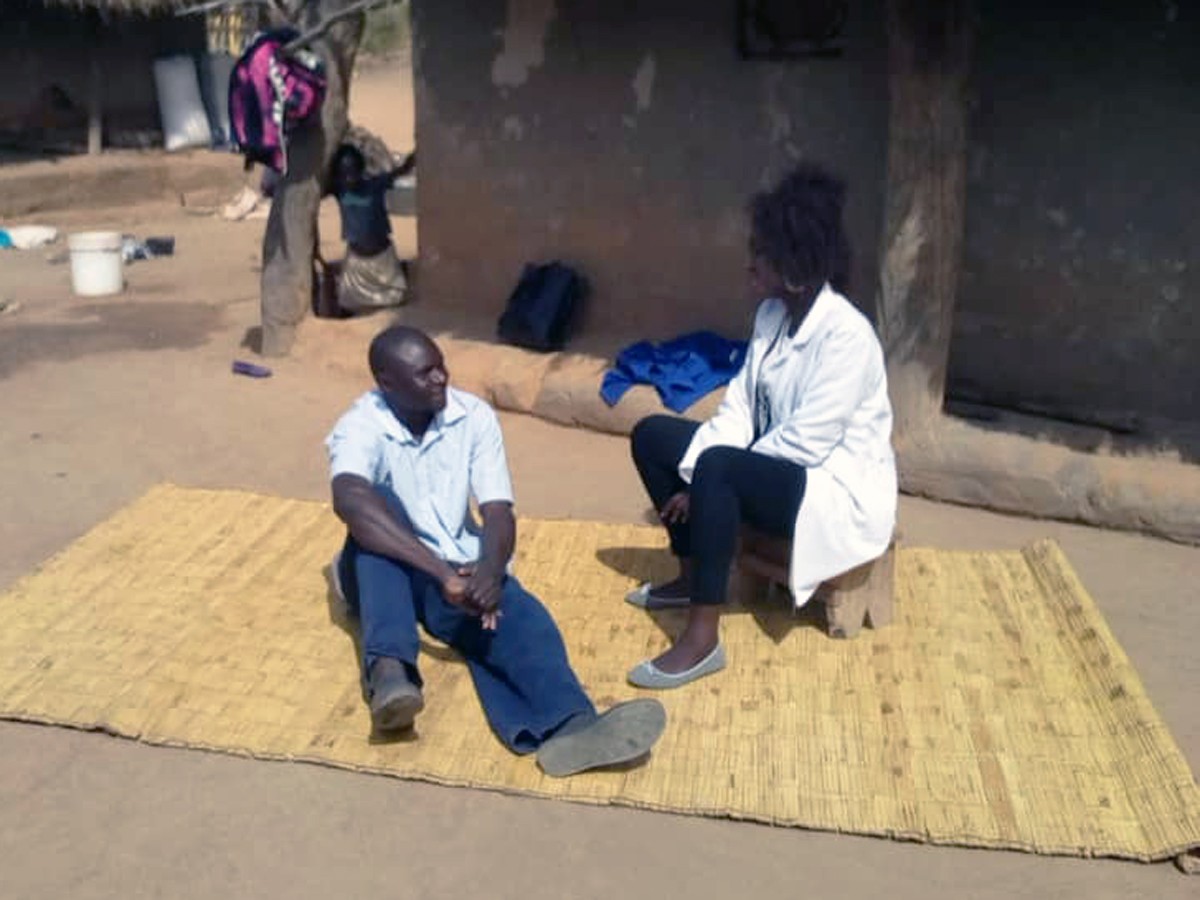
After supporting Susan in telling Joseph about her HIV status, the counselor offered him testing as well. After he discovered that he, too, had HIV, the counselor asked him in private about any other sexual contacts who should be notified and tested. Joseph told the counselor that he had two more wives in addition to Susan, and led the counselor to the other households where they lived. Both tested positive for HIV, and the counselor invited all three newly diagnosed people for a clinic appointment where they could receive ART. To make it more convenient, Joseph and the other two wives were given the same day for pharmacy pick-up, so one of them could receive the supply of medication for all three.
“I appreciate the efforts of the counselor and the advice she provided to my family,” Joseph said. “It’s good that we now know our HIV status, and with the supply of medication, our lives will improve. I am glad they tested our children as well and found they do not have HIV.”
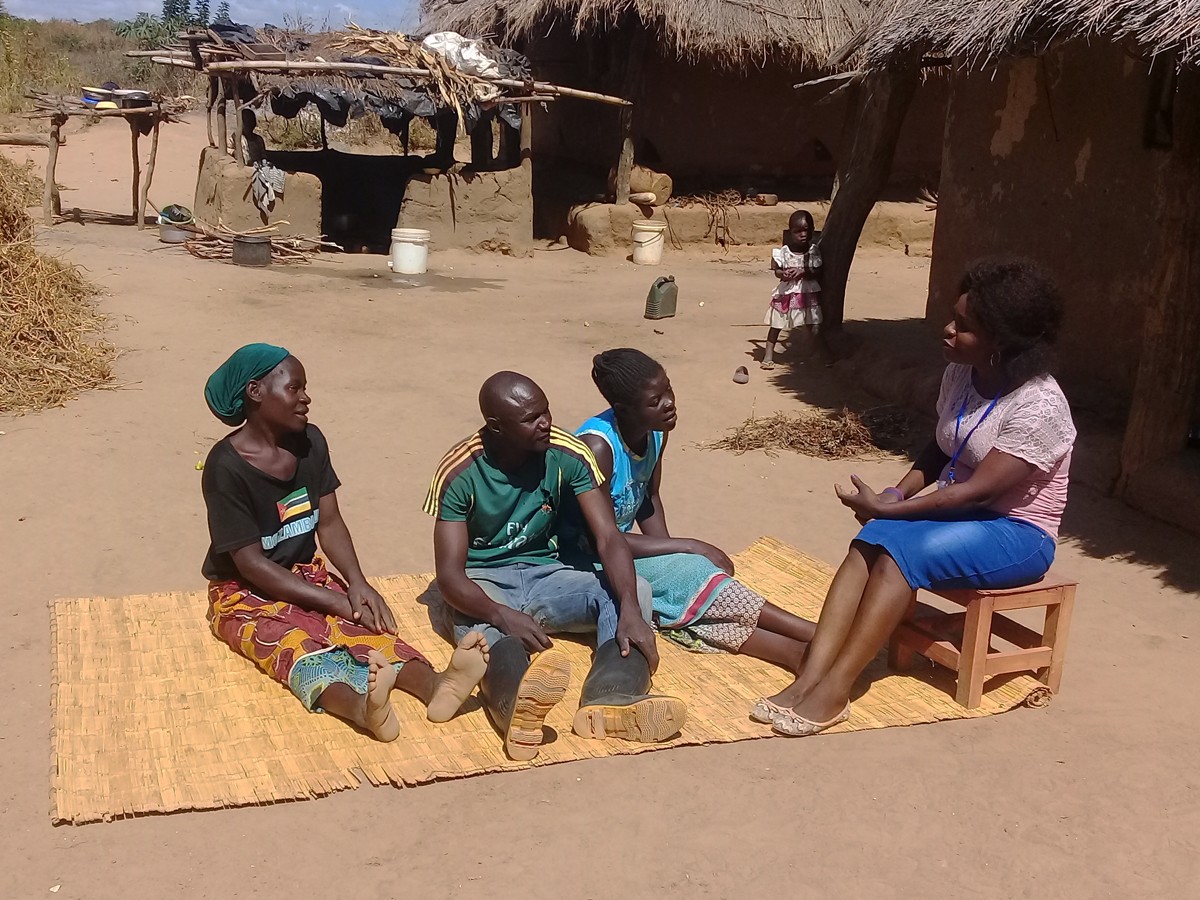
Similar scenarios are numerous across ICAP-supported clinics in Zambia, as the facilities use index HIV testing and partner notification services to accelerate case finding. Before I-Surge, only 10 percent of HIV cases at Lundazi Urban Clinic came from index texting, much lower than the 30 percent recommended by the CDC. Now, as of April 2019, the yield from index testing is 73 percent, with over 98 percent of newly diagnosed patients being linked to ART.
“The I-Surge strategy has made a significant impact on HIV case finding at the facilities ICAP supports in Zambia,” said Prisca Kasonde, MD, MMed, MPH, country director for ICAP in Zambia. “The investment in staff placement, training, and mentorship—as well as in overall health systems strengthening—is paying off, and helping to create a stronger health system and community network that will benefit Zambia for years to come.”
Photo captions—Header image: Susan talks with the I-Surge counselor at an ICAP-supported health facility in Zambia. Photo 2: Susan’s husband, Joseph, speaks with the I-Surge counselor outside his home. Photo 3: Joseph and his two other wives speak with the I-Surge nurse.
A global health leader since 2003, ICAP was founded at Columbia University with one overarching goal: to improve the health of families and communities. Together with its partners—ministries of health, large multilaterals, health care providers, and patients—ICAP strives for a world where health is available to all. To date, ICAP has addressed major public health challenges and the needs of local health systems through 6,000 sites across more than 30 countries. For more information about ICAP, visit: icap.columbia.edu


